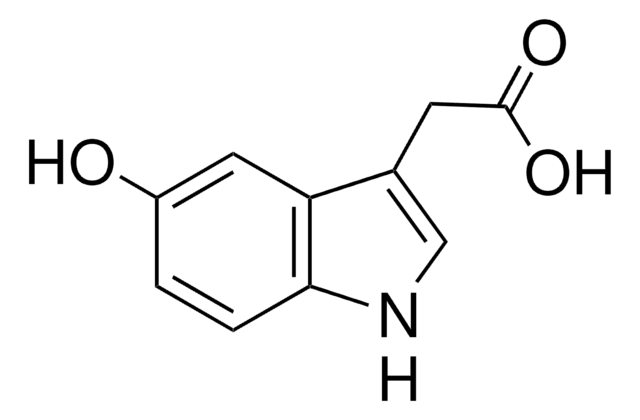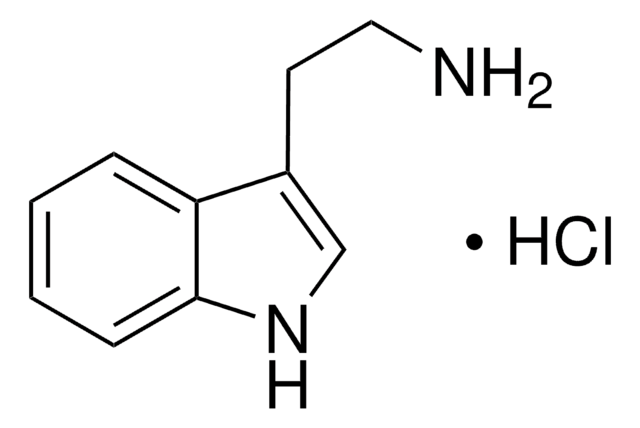286583
5-Methoxytryptamine
97%
Synonym(s):
2-(5-Methoxyindol-3-yl)ethylamine, 3-(2-Aminoethyl)-5-methoxyindole, 5-MOT, 5-Methoxyindole-3-ethanamine, Deacetylmelatonin, NSC 56422
About This Item
Recommended Products
Quality Level
assay
97%
form
solid
mp
121-123 °C (lit.)
SMILES string
COc1ccc2[nH]cc(CCN)c2c1
InChI
1S/C11H14N2O/c1-14-9-2-3-11-10(6-9)8(4-5-12)7-13-11/h2-3,6-7,13H,4-5,12H2,1H3
InChI key
JTEJPPKMYBDEMY-UHFFFAOYSA-N
Gene Information
human ... HTR1A(3350) , HTR2A(3356) , HTR2C(3358)
rat ... Htr2a(29595) , Htr2c(25187) , Htr7(65032)
Looking for similar products? Visit Product Comparison Guide
Related Categories
General description
Application
- Carboline disaccharide domain of shishijimicin A
- Melatonin analogs for the reduction of intraocular pressure
- 5-HT4 receptor ligands
- inhibitors of sortase A and isocitrate lyase
- Therapeutic agents for treatment of ischemia/reperfusion (I/R) injury
- Aurora and epidermal growth factor receptor kinase inhibitors
- Agents for the treatment of human papillomavirus infection
- Manzamine analogues for the control of neuroinflammation and cerebral infections
- Inhibitors of pro-inflammatory cytokines
- Tacrine-melatonin hybrids as multifunctional agents for alzheimer′s disease
Packaging
signalword
Warning
hcodes
Hazard Classifications
Acute Tox. 4 Oral
Storage Class
11 - Combustible Solids
wgk_germany
WGK 3
flash_point_f
Not applicable
flash_point_c
Not applicable
ppe
dust mask type N95 (US), Eyeshields, Gloves
Certificates of Analysis (COA)
Search for Certificates of Analysis (COA) by entering the products Lot/Batch Number. Lot and Batch Numbers can be found on a product’s label following the words ‘Lot’ or ‘Batch’.
Already Own This Product?
Find documentation for the products that you have recently purchased in the Document Library.
Customers Also Viewed
Our team of scientists has experience in all areas of research including Life Science, Material Science, Chemical Synthesis, Chromatography, Analytical and many others.
Contact Technical Service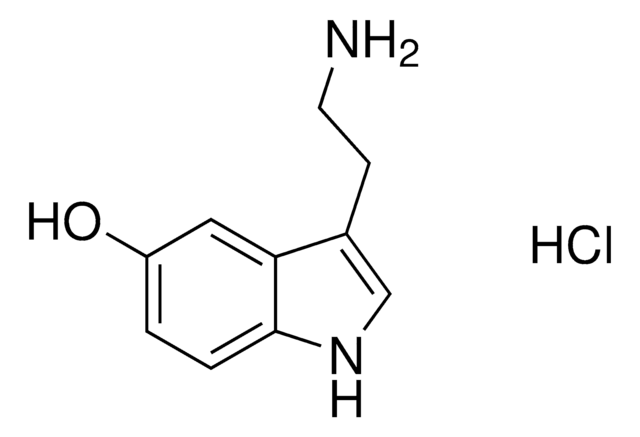
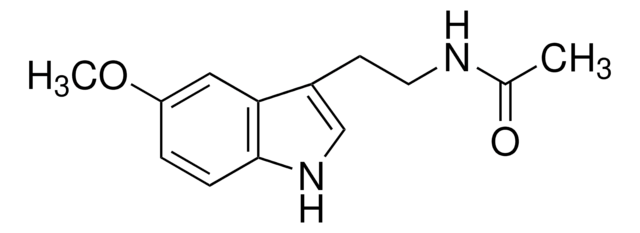
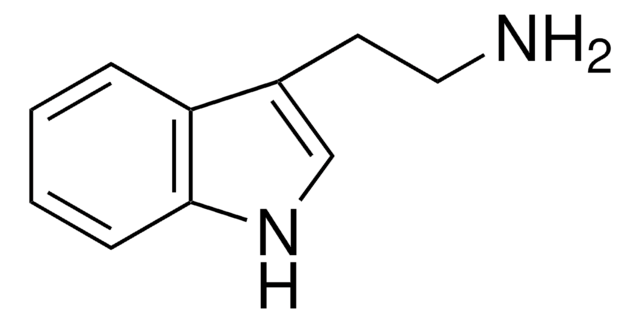
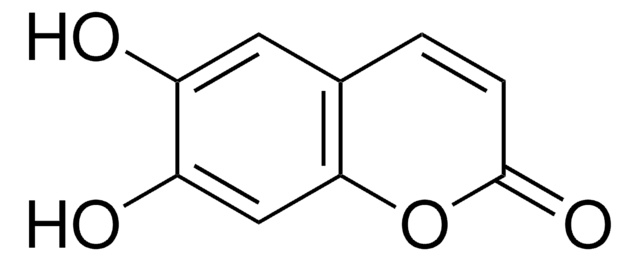

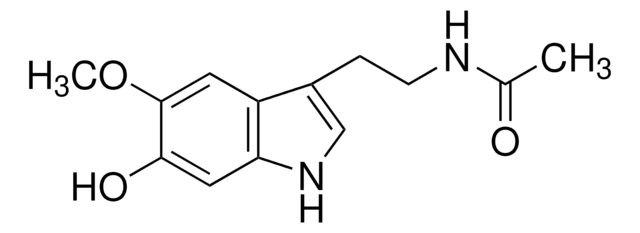
![1,2,3,4-Tetrahydro-9H-pyrido[3,4-b]indole 98%](/deepweb/assets/sigmaaldrich/product/structures/181/460/3d58bc34-1b5c-4295-bbac-3b52085670e8/640/3d58bc34-1b5c-4295-bbac-3b52085670e8.png)
